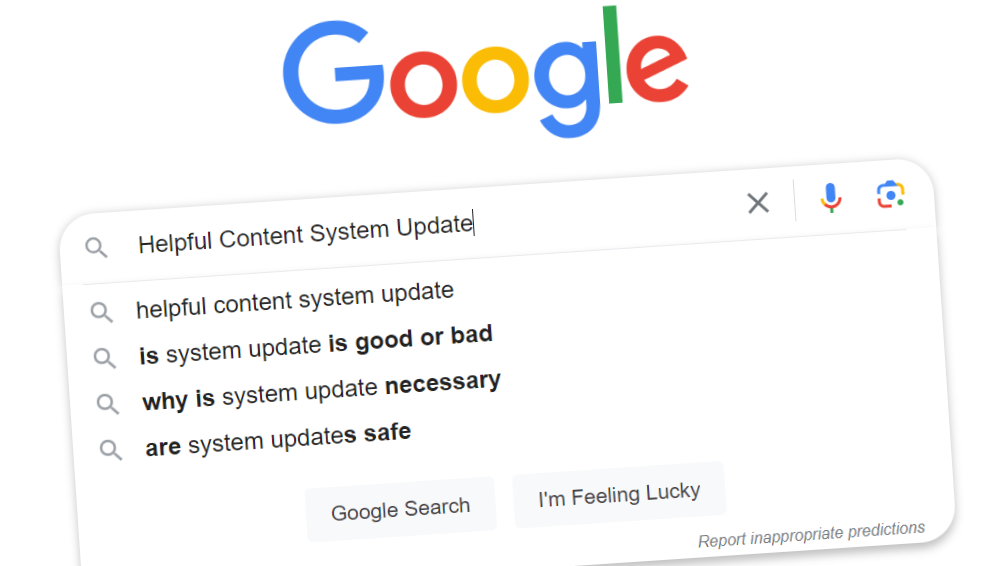User Intent: Enhancing Content Relevance for Effective SEO

User intent has emerged as a pivotal factor shaping the way content is created and ranked. Understanding the driving force behind a user’s search query has become integral to crafting content that aligns with their needs. This article delves into the concept of user intent, its significance in content creation, and strategies to optimize your website’s SEO by catering to it.
The Essence of User Intent
User intent encapsulates the purpose of motivating a user’s search query. It’s the underlying goal that drives individuals to seek information online. For instance, when someone searches for “how to make a cake,” their intent is to acquire step-by-step instructions for baking a cake. Similarly, a user searching for “cake recipes” aims to discover a compilation of diverse cake-making recipes.
Google’s Focus on User Intent
Google’s search algorithms have evolved to decipher and prioritize user intent when ranking search results. This shift underscores the importance of creating content that resonates with users’ search queries and provides them with relevant information. Ensuring your content aligns with user intent enhances the chances of ranking higher in search results and gaining visibility.
Crafting Content in Tune with User Intent
Creating user-centric content requires a strategic approach. Here are effective strategies to align your content with user intent:
1. Choose Relevant Keywords
Select keywords that closely match the user’s search query. By using keywords that directly relate to what users are looking for, you increase the likelihood of your content being discovered.
2. Offer Informative and Helpful Content
Content that addresses users’ queries comprehensively is more likely to resonate with their intent. Provide detailed information, actionable insights, and solutions that cater to their needs.
3. Optimize Content Structure
A well-structured article enhances readability and user experience. Utilize headings, subheadings, bullet points, and paragraphs to break down the content into digestible portions.
4. Visual Aids for Engagement
Incorporate images, infographics, and videos to complement your text. Visual elements not only make the content more engaging but also aid in conveying information effectively.
Promote your content on social media platforms frequented by your target audience. Sharing your content on relevant channels enhances its visibility and draws users who align with the content’s intent.
Understanding User Intent: Practical Approaches
Understanding user intent is key to tailoring your content. Here are some practical ways to achieve this:
1. Long-Tail Keywords
Long-tail keywords offer specificity. Users employing long-tail keywords typically have a clear idea of what they seek. For instance, “how to make a chocolate cake” exhibits a focused intent compared to the broader term “cake.”
2. Search Intent Filters
Google provides search intent filters that offer insights into user intent. Features like the “People also ask” box and “Related searches” showcase queries related to the user’s original search, unveiling their intent.
3. Google Analytics Insights
Utilize Google Analytics to analyze the keywords that lead users to your website. This data provides valuable insights into user intent, enabling you to optimize your content accordingly.
Empowering Content for Enhanced SEO
By embracing user intent and adapting your content strategies, you can elevate your website’s SEO and drive organic traffic. Tailored content that meets users’ needs not only boosts your website’s visibility but also enhances the user experience. In an evolving digital landscape, understanding user intent is the compass that guides you toward creating impactful content that resonates with your audience.




